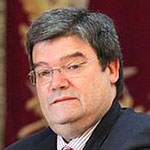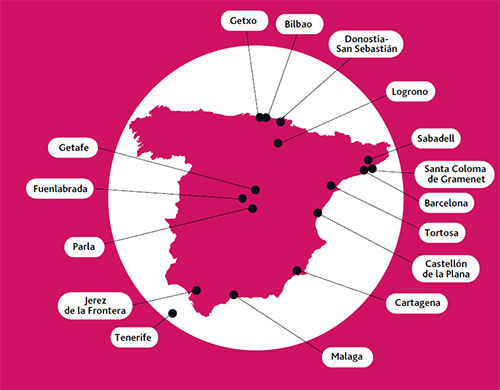During 2017, the II Local Plan for Citizenship and Diversity was approved by the Local Government Board and contains therein the municipal intervention strategy planned for the next three years.
Approved by the City of Bilbao, this plan has been designed taking into account the areas of intervention and indicators defined in the framework of the Intercultural Cities Index. Likewise, the recommendations of the latest Bilbao reports resulting from the ICC analysis have also been incorporated.
The plan is divided into two parts. The first part is intended to provide a conceptual framework for intervention in which the concepts, principles and tools of the intercultural approach (as defined by the Council of Europe’s Framework of the Intercultural Cities Programme) have been included.
Intercultural Approach
- Fundamental rights and equality
- Respect and diversity recognition
- Participation and interaction
- Membership and neighbourhood
Principles
- Intercultural citizenship
- Coexistence and social cohesion
- Development, innovation and quality of life
- Gender perspective
Instruments
- Mainstreaming
- Participation
- Knowledge and information
- Evaluation
The second part contains a description of actions divided in different areas of intervention:
General areas of intervention:
Commitment, governance, intelligence and competence, international perspective, language, media, welcoming, community prevention and mediation and anti-discrimination.
Sectoral areas of intervention:
Education, neighbourhoods, public services, culture and leisure, public space, business policy and the labour market.
The plan incorporates several actions in each area. The structure of the plan has been aligned with the scopes and structure of the Index of Intercultural Cities.
The evaluation of the impact of the Plan will be based on the following tools:
- Results of Bilbao in the Index of Intercultural Cities;
- Results of Bilbao in the Barometer of perceptions and attitudes towards foreign immigration;
- Index of tolerance towards immigration;
- Specific evaluation questionnaires with stakeholders
Regarding the design of the plan, several processes of participation have been developed with the social network and with Municipal Departments. Specifically, for the associations, a mixed methodology of focus groups and questionnaires was developed. The Municipal Departments took part in seminars, in-depth interviews and structured questionnaires.
Regarding the implementation of the actions, considering that mainstreaming is one of its principles, all Municipal Departments have a fundamental role in its development. Likewise, the collaboration of the municipal social networks is also foreseen for the implementation of actions and projects.







